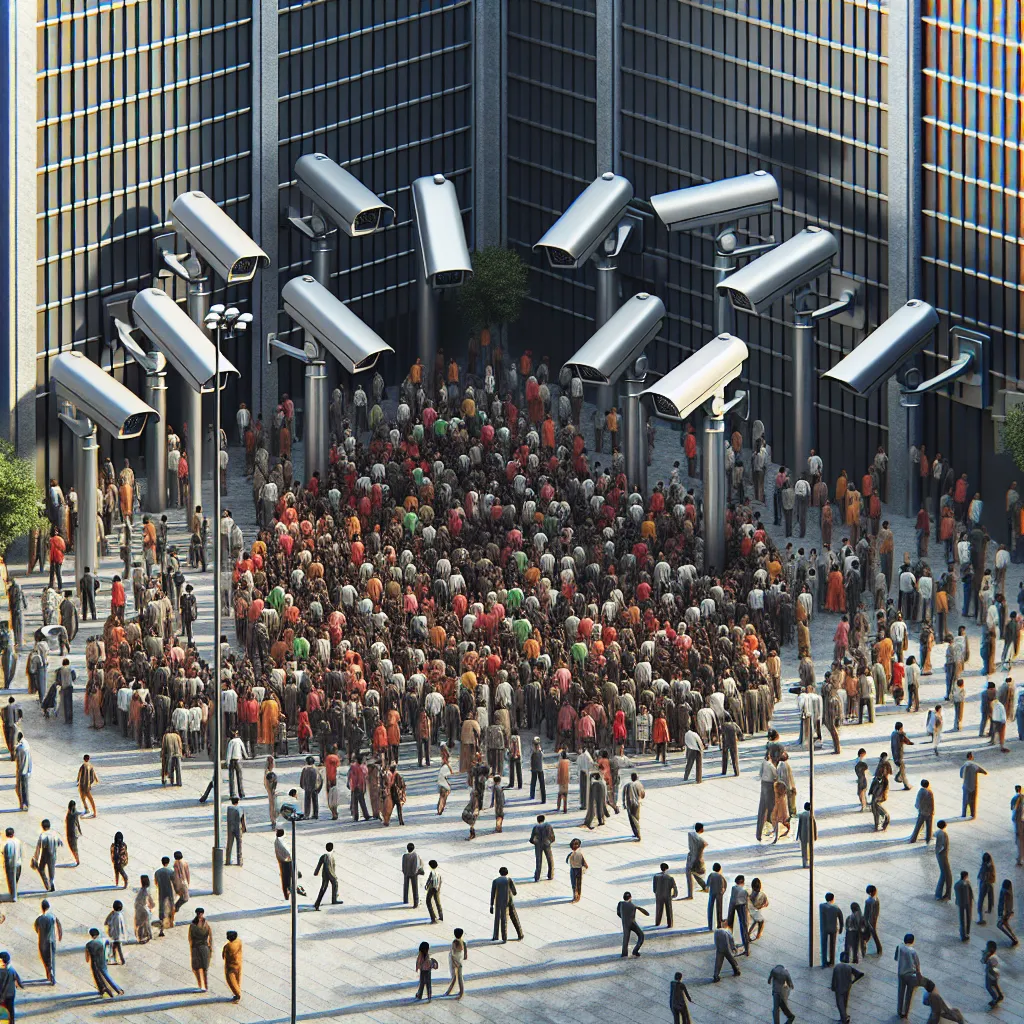Terrorism is a frightening reality, especially when it strikes close to home rather than in distant lands. Nobody enjoys living in fear, so naturally, we demanded more security measures to feel safe. However, over the last decade, it’s become more common to see our civil liberties eroded as government agencies increasingly spy on citizens, collecting and storing personal data. This trend affects everyone, irrespective of political leanings, prompting us to ask, “Is all this surveillance making us safer?”
After 9/11, the US government believed the law lagged behind technology, leading to the creation of the Terrorist Surveillance Program. Initially intended to intercept al-Qaeda communications, the new powers quickly expanded, using immigration records to profile Arab and Muslim nationals. Despite extensive efforts, including the registration of 80,000 individuals and detention of over 5,000, no terrorists were found. This era marked an aggressive national campaign of ethnic profiling.
The Snowden leaks in 2013 revealed the extent of data collection by agencies like the NSA, which demanded user information from tech giants like Microsoft and Google and monitored civilian internet traffic daily. Rather than focusing solely on criminals, the surveillance net widened to include everyone. Yet, this vast data collection hasn’t proven effective; recent successes come from traditional target surveillance, not mass data. For example, one of the Boston Marathon bombers was already under FBI scrutiny.
Encryption presents another battleground. In 2016, the FBI requested Apple to create a backdoor to unlock a terrorist’s iPhone. Apple refused, asserting that such a tool could jeopardize the privacy of millions. The FBI later managed to hack the phone themselves, casting doubt on the necessity and honesty of their initial request. This incident highlights concerns about how trustworthy spy agencies are in balancing privacy and security, especially given their capabilities like activating microphones and cameras without users’ knowledge.
Some argue, “If you have nothing to hide, you have nothing to fear,” but this mindset fosters oppression. Desiring privacy doesn’t imply wrongdoing. In our democracy, we must consider the potential for misuse of these surveillance powers by the wrong individuals.
Anti-terrorism laws often extend beyond their intended purposes. Post the November 2015 Paris attacks, France expanded law enforcement powers, which were soon misused, such as suppressing climate change protests. Similar trends are seen in Spain, Hungary, and Poland, where restrictive laws on freedom of assembly and speech are emerging. In Turkey, criticizing the government can lead to imprisonment, reflecting a troubling global pattern.
Terrorism isn’t a problem with straightforward solutions. Security measures alone can’t stop every threat, like a homemade bomb. Effective strategies must balance security and liberty. Existing laws permit extensive surveillance, and improving international cooperation and policies could be more productive than enacting new, restrictive laws.
Ultimately, we must avoid sacrificing our democratic values and freedoms out of fear. The data shows that mass surveillance and the erosion of rights haven’t significantly improved security but have altered our society. It’s essential to uphold democracy and fundamental rights while addressing terrorism in proportionate, sensible ways.






